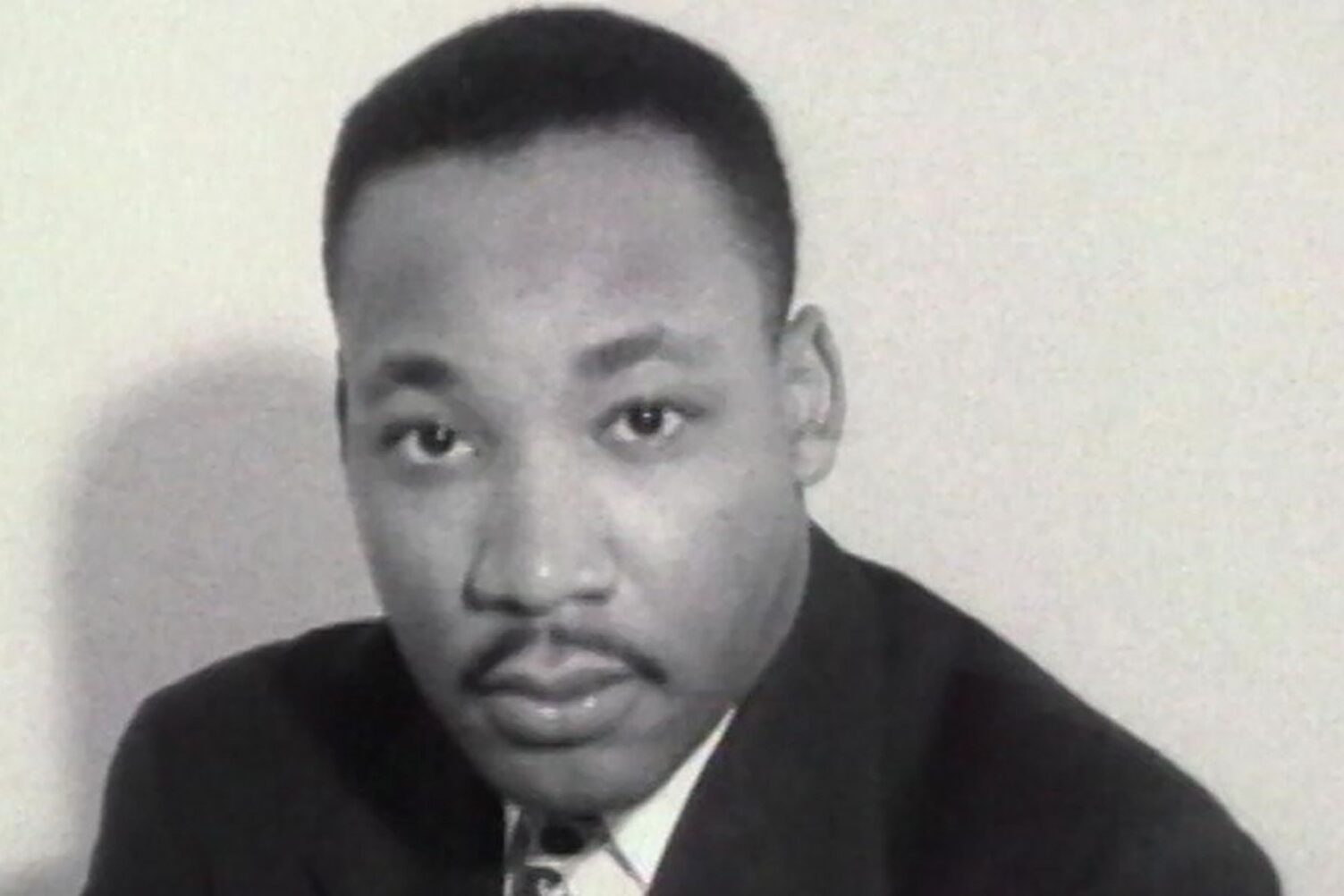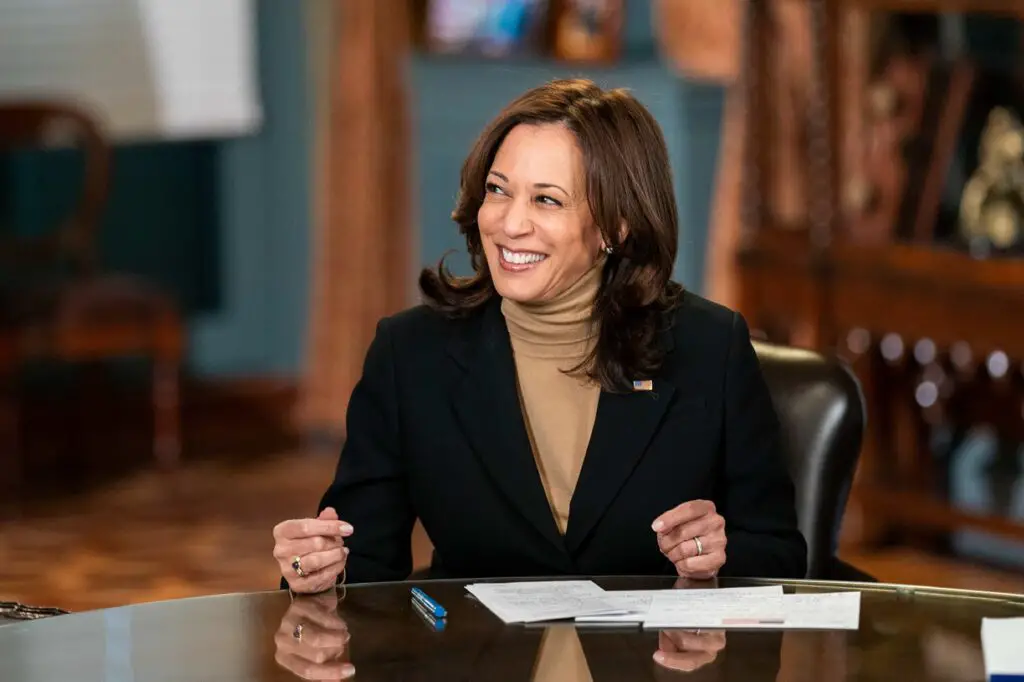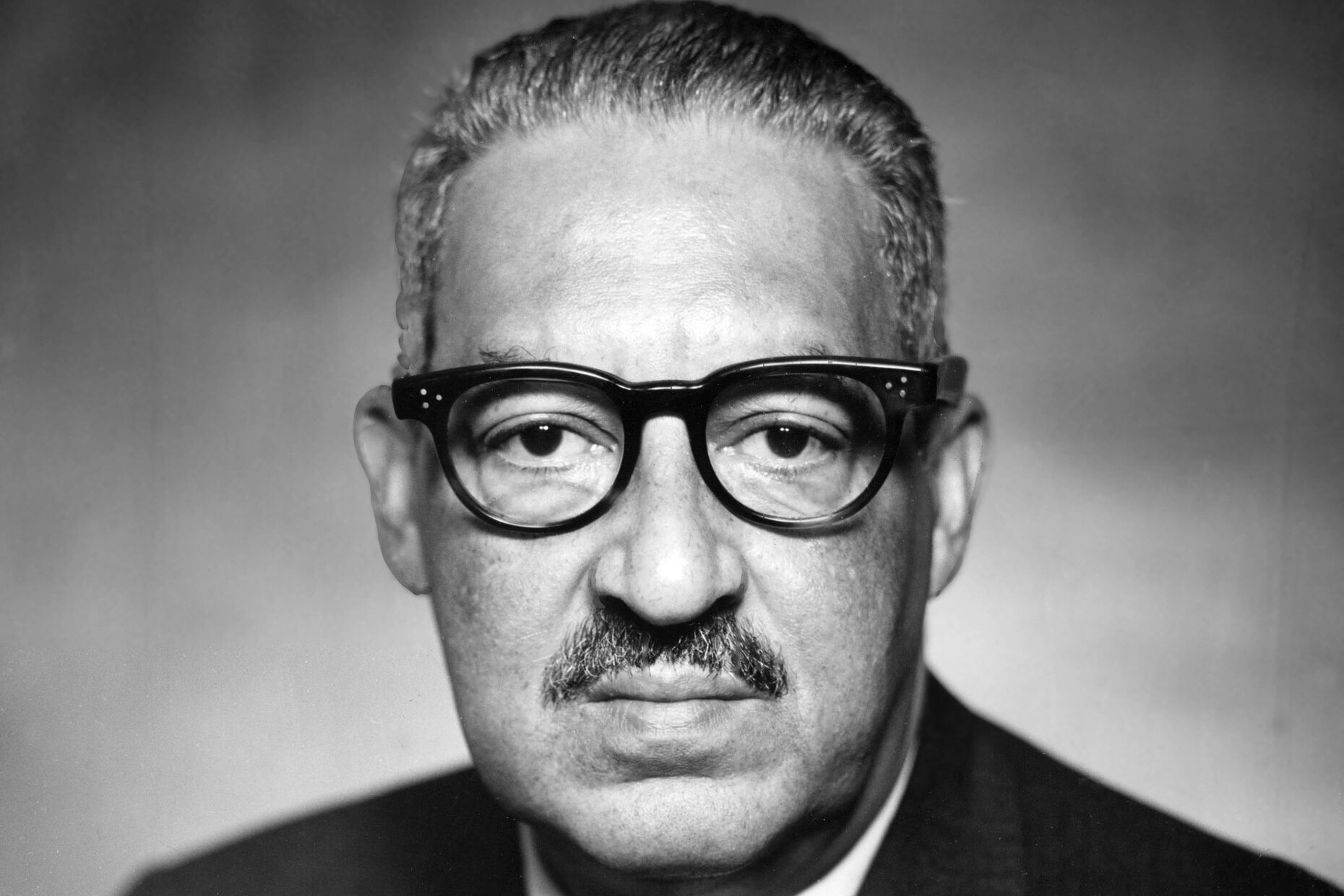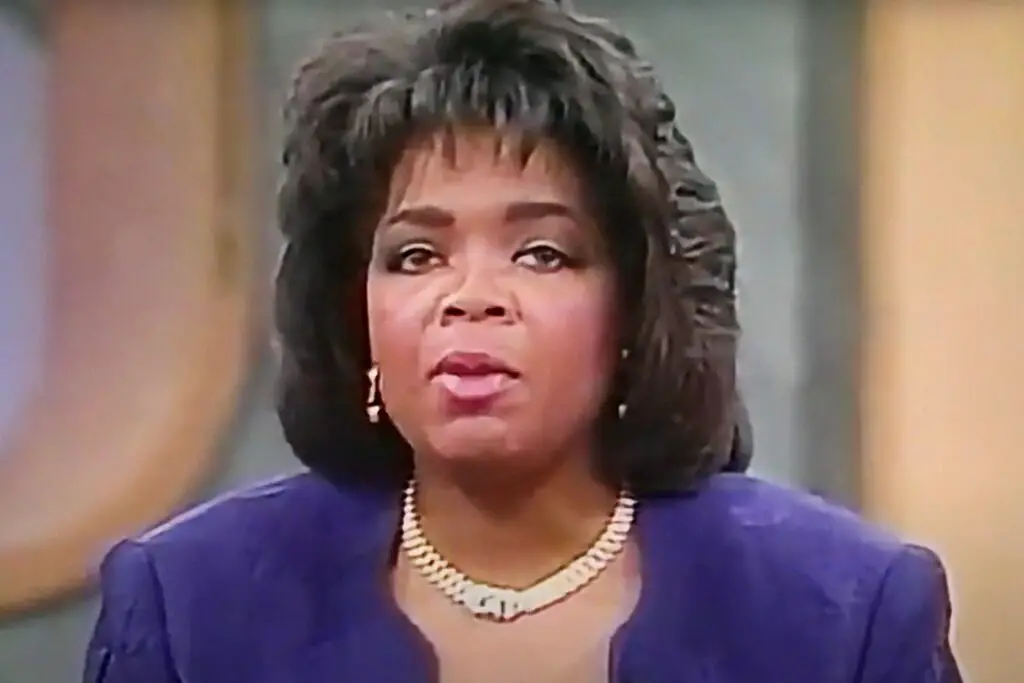1. Martin Luther King Jr. – More Than a Dreamer

Before he became the face of the civil rights movement, Martin Luther King Jr. was just a young man from Atlanta with big ideas and an even bigger sense of purpose. He graduated from Morehouse College in 1948 at just 19 years old, already showing signs of the powerful leader he would become. Morehouse, a historically Black college, gave him the foundation he needed to refine his voice and develop his passion for justice. While there, he was mentored by Dr. Benjamin Mays, the college’s president, who instilled in him the belief that education and activism must go hand in hand. King didn’t just study theology and philosophy—he used them as tools to reshape society. His time at Morehouse was instrumental in shaping his nonviolent approach to fighting racial inequality. He continued his studies at Crozer Theological Seminary and later earned a Ph.D. from Boston University, but his HBCU experience stayed with him for life. King’s speeches and leadership during the Montgomery Bus Boycott, the March on Washington, and the Selma marches weren’t just about making noise; they were strategic, deeply intellectual, and rooted in a belief in justice says Yahoo.
His “I Have a Dream” speech in 1963 still sends chills down spines, but his impact was much more than a single speech. He pushed for the Civil Rights Act of 1964 and the Voting Rights Act of 1965, changing American law forever. His activism wasn’t always welcomed—he was arrested nearly 30 times, constantly threatened, and tragically assassinated in 1968 at just 39 years old. Despite his early death, his legacy is eternal, proving that one man’s vision, backed by education and action, can change the course of history. Morehouse College continues to honor him, ensuring new generations of students carry on his mission. His work paved the way for countless leaders who followed, showing that an HBCU education isn’t just about getting a degree—it’s about shaping the world. King’s legacy remains a reminder that education, courage, and perseverance can truly change everything.
2. Kamala Harris – Breaking Barriers One Step at a Time

Long before she became the first female, first Black, and first South Asian Vice President of the United States, Kamala Harris was walking the halls of Howard University with big ambitions. She graduated in 1986 with a degree in political science and economics, already showing signs of the history-making powerhouse she would become. Howard, known as “The Mecca,” provided her with an education steeped in Black excellence, activism, and leadership. It was here that she joined Alpha Kappa Alpha Sorority, Inc., and learned how to navigate the world as a Black woman with power and influence. Harris didn’t just attend Howard—she absorbed its culture, energy, and spirit, using it as a launchpad for everything she did next. After Howard, she earned her law degree from the University of California, Hastings, and quickly climbed the ranks in the legal and political world explains NBC News.
She shattered ceilings at every step, becoming the first Black woman to serve as Attorney General of California and later the second Black woman ever elected to the U.S. Senate. Her questioning of officials during Senate hearings became legendary, proving she wasn’t afraid to hold the powerful accountable. In 2020, she made history again when she was elected Vice President, standing on the shoulders of those who paved the way before her. She often credits Howard for shaping her confidence and resilience, proving that HBCUs don’t just educate—they empower. Her journey is far from over, and whether people agree with her politics or not, her influence is undeniable. She has inspired a new generation of young Black women to dream bigger, push harder, and break barriers once thought impossible.
3. Thurgood Marshall – The Legal Giant Who Redefined Justice

Before he became the first Black Supreme Court Justice, Thurgood Marshall was just a sharp-witted student at Lincoln University in Pennsylvania, an HBCU that helped shape his future. He graduated in 1930 and later earned his law degree from Howard University, where he trained under Charles Hamilton Houston, one of the most brilliant legal minds in history. Houston instilled in him a belief that the law wasn’t just about rules—it was a tool to dismantle injustice. Marshall took that lesson and ran with it, becoming the lead attorney for the NAACP Legal Defense Fund. He argued and won 29 out of 32 cases before the Supreme Court, including the landmark Brown v. Board of Education case in 1954. This ruling struck down segregation in public schools, proving that education was not just a privilege for some but a right for all says Daily Kos.
His journey to the Supreme Court wasn’t easy—he faced racism, threats, and opposition at every turn. But Marshall wasn’t just a fighter; he was a strategist who knew how to use the law to reshape America. When President Lyndon B. Johnson appointed him to the Supreme Court in 1967, it was a monumental moment, not just for him but for the entire civil rights movement. He served for 24 years, consistently ruling in favor of the marginalized, the poor, and the disenfranchised. His legacy still echoes in courtrooms and classrooms across the country, reminding everyone that justice is only real when it serves all people. Without his education at Lincoln and Howard, his journey might have been different, proving once again the power of HBCUs in shaping world-changers.
4. Oprah Winfrey – From Mississippi Roots to Media Royalty

Oprah Winfrey didn’t just attend Tennessee State University—she used it as a stepping stone to become one of the most influential people on the planet. She studied communications and worked her way into broadcasting, but even as a student, she had a natural gift for storytelling. Her time at Tennessee State gave her the foundation she needed to break into an industry that wasn’t always welcoming to Black women. She became the first Black female news anchor at Nashville’s WLAC-TV while still in college, proving early on that she was a force to be reckoned with. It didn’t take long for her to outgrow local news, and by the time she took over The Oprah Winfrey Show, she had already become a household name.
Her influence expanded far beyond television—she built a media empire, launched a book club that shaped the publishing industry, and became a billionaire through sheer talent and determination. But she never forgot where she came from, often crediting her HBCU experience for giving her the confidence to take on the world. She has donated millions to education initiatives, including HBCUs, ensuring that future generations get the same opportunities she had. Oprah’s journey from a struggling young woman in Mississippi to a global icon is proof that education, passion, and perseverance can change lives. She has inspired millions to dream bigger, work harder, and believe in the power of their own voices. Tennessee State University may have been where she started, but the world became her stage.
